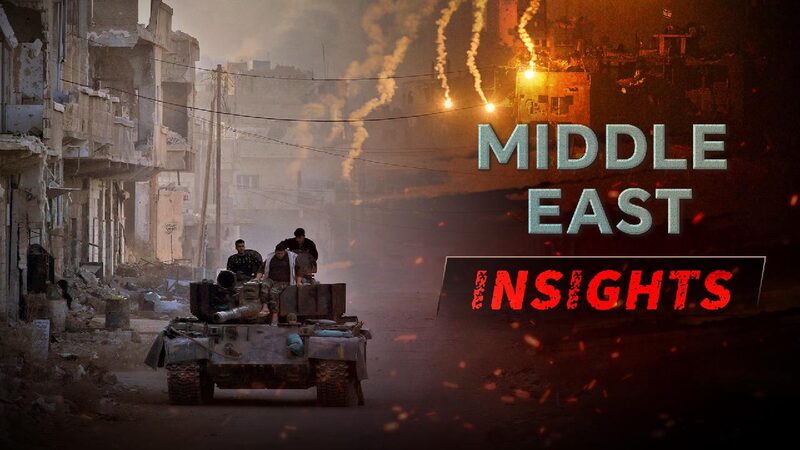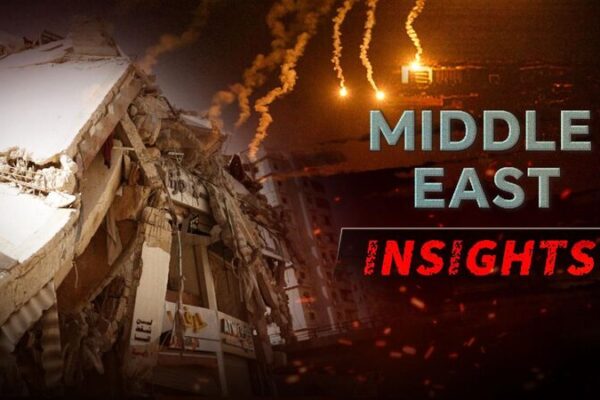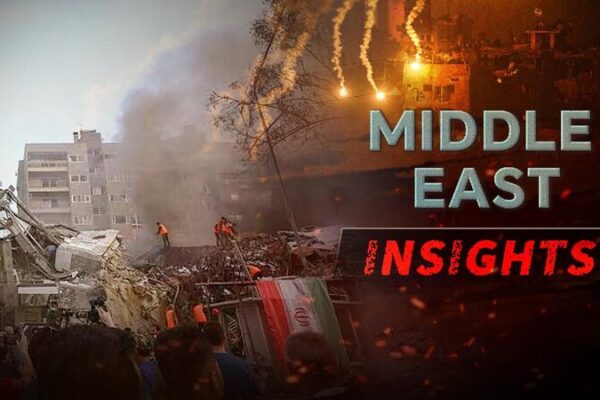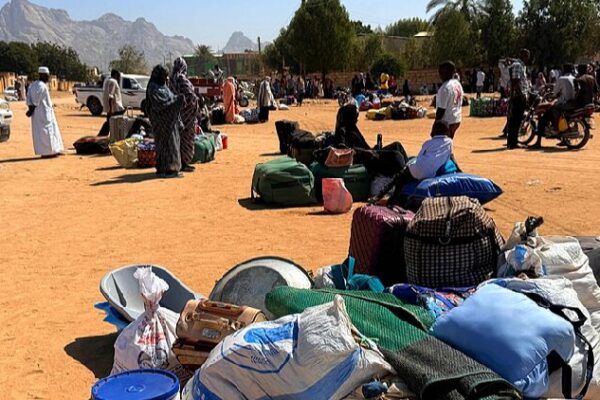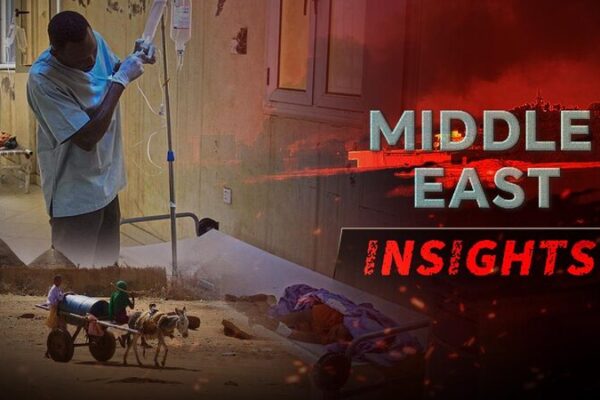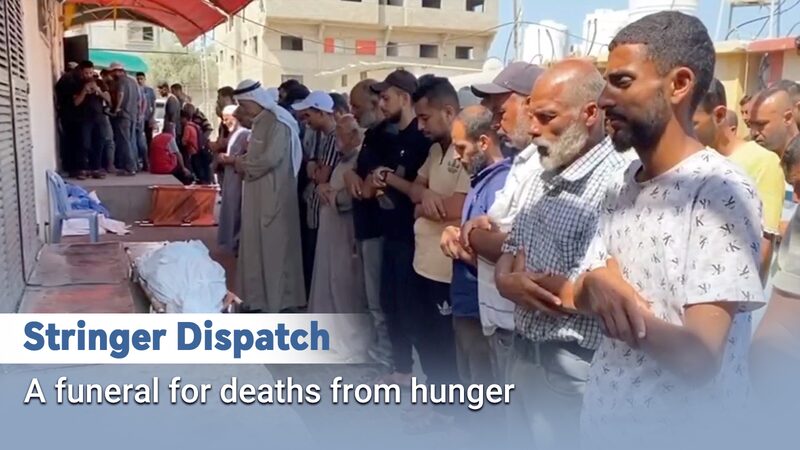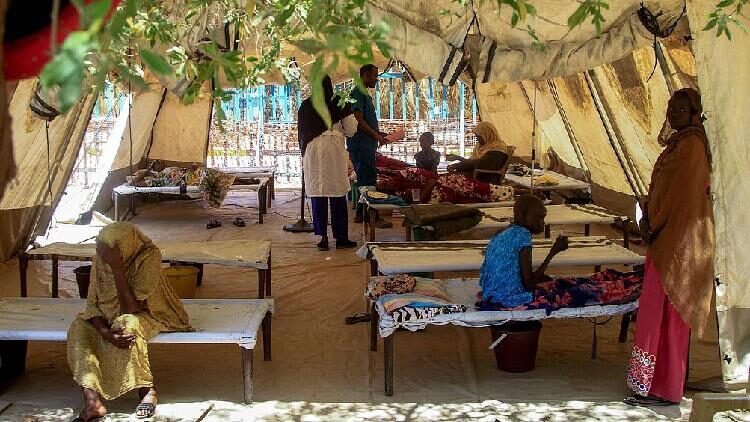Middle East in Turmoil: Conflicts Escalate Across Gaza, Syria, and Beyond
In 2024, the Middle East once again finds itself at the heart of global unrest. Growing conflicts in Gaza, Syria, Lebanon, and Sudan, along with tensions in the Red Sea, have significantly impacted regional and international security. These events have intensified the call for peace among the people living amidst the turmoil.
Escalation and Spillover: A Cycle of Conflict
On October 7, 2023, a new wave of large-scale conflict erupted between Israel and Palestine, exceeding expectations in intensity and scope. Israel’s military actions in Gaza have resulted in over 45,000 Palestinian deaths and more than 106,000 injuries. The humanitarian crisis in Gaza is devastating, with over 70% of civilian infrastructure damaged, including homes, roads, hospitals, and schools.
Despite a brief ceasefire and prisoner exchanges in late 2023, negotiations have yet to achieve substantial progress. Efforts by Egypt and Qatar to mediate a long-term truce continue, but peace remains elusive.
Widening Conflicts in the Region
The ongoing conflict in Gaza is compounded by escalating tensions between Israel and various regional actors. Notable events include:
- April 1: Israel’s airstrike on Iran’s consulate in Syria resulted in casualties, including Iranian military advisers.
- July 31: Hamas leader Ismail Haniyeh was killed in an Israeli airstrike in Tehran.
- September 27: Hezbollah Secretary-General Hassan Nasrallah died in an Israeli airstrike in Beirut.
- October 5: Israeli Prime Minister Benjamin Netanyahu declared a “seven-front war,” targeting multiple groups across the region.
- October 16: Newly appointed Hamas leader Yahya Sinwar was killed during an Israeli military operation in the southern Gaza Strip.
These actions have heightened tensions with Iran, a key supporter of groups like Hamas and Hezbollah. Iran has retaliated with missile and drone attacks on Israeli targets.
Syria’s Uncertain Future
Amid the regional chaos, Syria has plunged into further turmoil. Opposition forces launched widespread offensives, capturing key cities like Aleppo and Damascus by December 8. President Bashar al-Assad fled to Russia, and Mohammed al-Bashir has taken over as interim leader.
Israel’s opportunistic strikes during Syria’s instability have decimated over 80% of the country’s defense capabilities. The power vacuum in Syria disrupts the balance among global and regional powers, including the United States, Russia, Turkey, and Iran.
The new transitional government faces significant challenges, including economic fragility, deteriorating living conditions, and energy shortages. Addressing these issues is crucial not only for Syria’s recovery but also for the broader peace and stability of the Middle East.
Dialogue and Cooperation: A Call for Lasting Peace
In light of the worsening situation, there is a growing chorus for dialogue and cooperation. Many believe that the future of the Middle East should rest in the hands of its own people, with regional countries resolving disputes through dialogue and consultation.
China has expressed support for Middle Eastern nations in independently exploring their development paths. Notable efforts include:
- January 1: Egypt, the UAE, and Iran joined the BRICS group.
- May 30: At the 10th Ministerial Meeting of the China-Arab States Cooperation Forum in Beijing, a joint statement on Palestine called for justice and peace.
- July 21-23: High-level representatives from 14 Palestinian factions signed the Beijing Declaration, aiming to end internal divisions and strengthen unity.
China’s involvement exemplifies the responsibility of major powers in promoting peace and supporting humanitarian efforts.
As tensions continue to rise, the international community watches closely, hopeful for resolutions that will bring lasting peace to the region. The challenges are immense, but with concerted efforts toward dialogue and cooperation, there remains a possibility for a more stable and peaceful Middle East.
Reference(s):
Middle East 2024: A region trapped in the quagmire of conflict
cgtn.com
